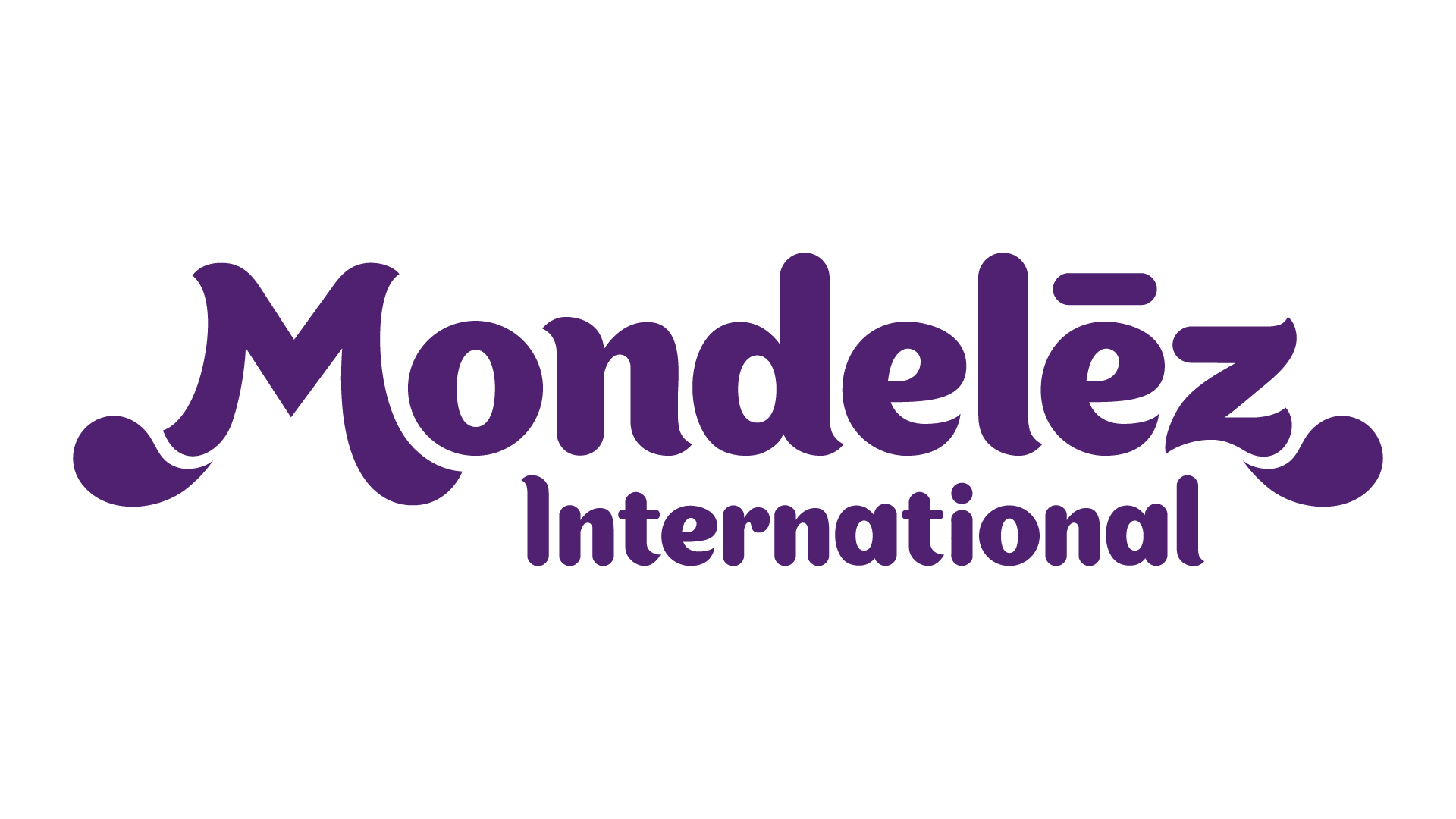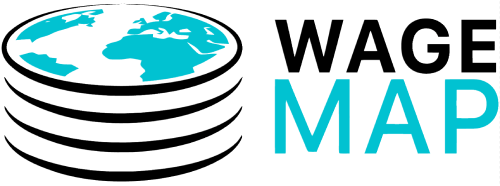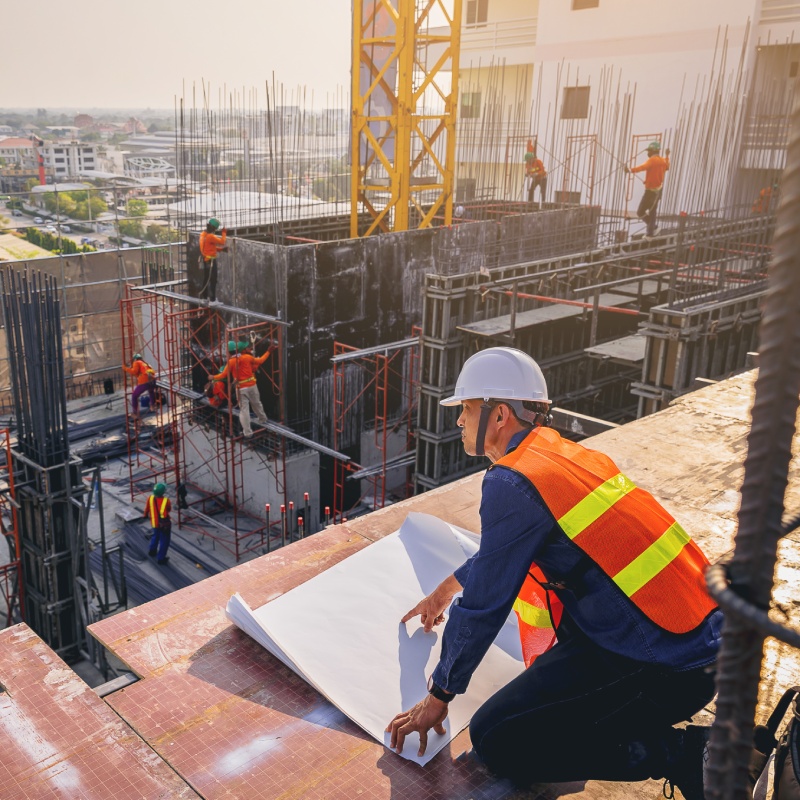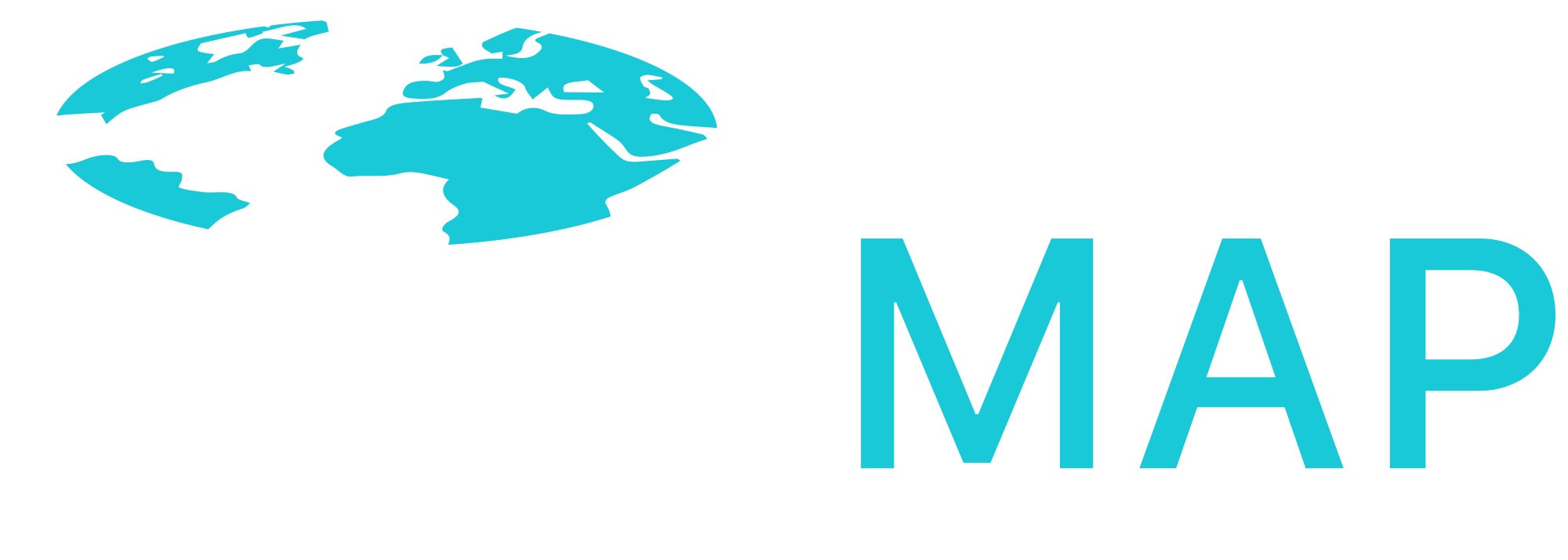About the WageMap Community
There is growing momentum in the global living wage movement, reflected in the range of stakeholders committing to closing the gap. WageMap intends to engage the following stakeholder groups:
WageMap Stakeholder Groups
- Governments: Governments worldwide are promoting living wages in response to advocacy, while the International Labour Organization recognized the concept of a living wage and committed to assisting member states in closing the gap. Businesses and Investors: Businesses and investors are increasingly adopting living wage policies as part of their social responsibility efforts, recognizing the long-term benefits for both employee well-being and brand reputation.
- Platforms: Platforms are uniting diverse actors from business, government, and civil society to collaboratively advance the global living wage movement, highlighting a shared commitment to equitable labor practices. Consumers: Consumers are becoming more conscious of ethical purchasing decisions, actively supporting legislation and brands that commit to paying living wages, thereby influencing market dynamics towards fairer labor practices.
- Civil society: Non-profit organizations at local and global level hold the capacity to form powerful alliances and accelerate implementation of living wage through various projects, programmes and campaigns.
- Unions and workers’ organizations: WageMap acknowledges that it plays no role in wage-setting processes. Our dataset of living wage benchmarks can be used as a tool to support collective bargaining. The voice of workers is a critical component of our Living Wage Reference Standard.
- Academics and data providers: WageMap particularly encourages data providers to participate in discussions facilitated by our Technical Working Group on a range of themes related to estimation of living wages.
- Employers: Contribute to development and testing of new tools and services for implementing and reporting on living wage, and learn how to integrate into global reward strategies.
- Investors: Investors provide the finance for many companies, but they also set the incentives of business through their stewardship activities, and can steer businesses to more socially sustainable business models. Living Wage is increasingly prominent in new regulations coming into force.











